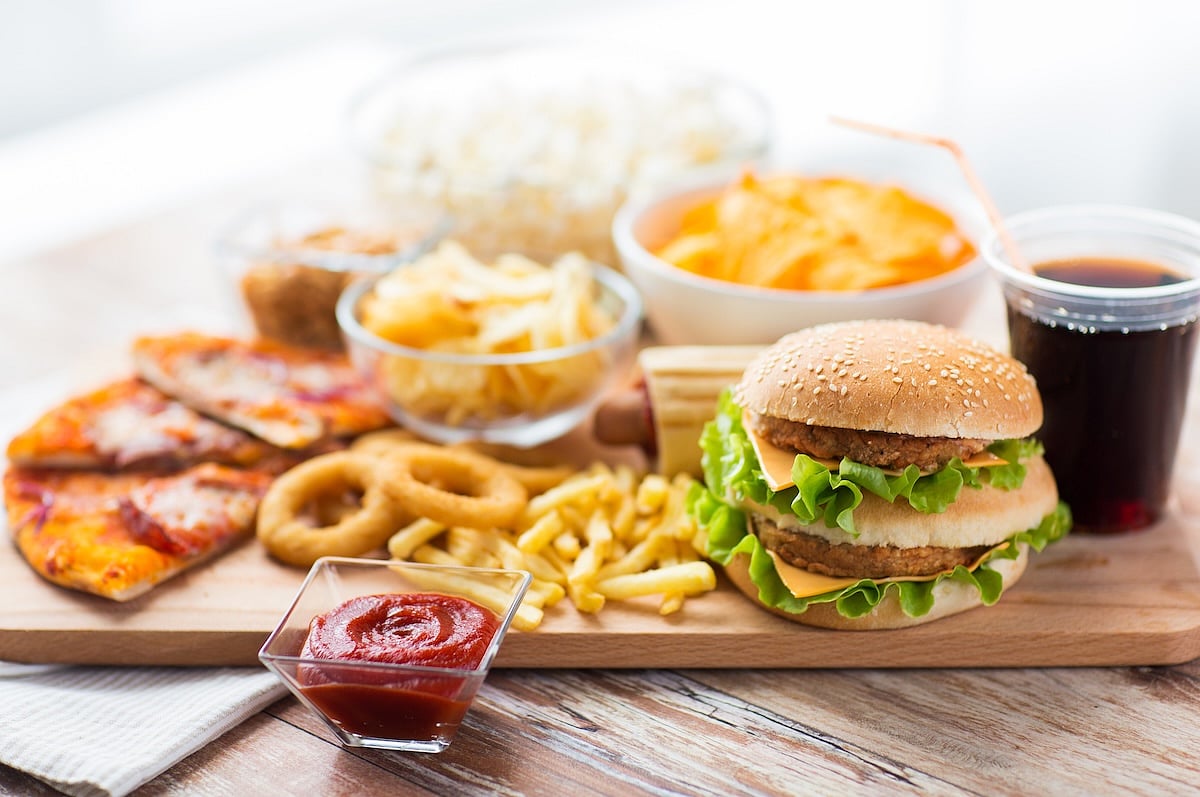Due to a recent change in our pharmacy software system, the process for submitting refill requests online has now changed.
Our previous mobile app and your current login credentials will no longer work.
Please click the Refill Online tab in My Pharmacy to begin the new process.
Thank you for your patience during this transition.
Manténgase sano!

- Posted November 24, 2025
Could Ultra-Processed Foods Trigger Overeating in Teens?
After two weeks of being placed on a diet high in ultra-processed foods, people in their late teens and early twenties continued to take in an excessive amount of calories, even when not hungry, new research shows.
The same was not true for similarly aged people who’d been placed on a two-week diet that shunned ultra-processed fare in favor of healthier, unprocessed foods.
Much of the excessive calorie intake among those exposed to ultra-processed foods came from snacking.
“Snacking when not hungry is an important predictor of later weight gain in young people, and it seems ultra-processed food exposure increases this tendency in adolescents,” noted study co-author Alex DiFeliceantonio. She’s an assistant professor with the Fralin Biomedical Research Institute at Virginia Tech in Blackburn.
As the researchers noted, ultra processed foods currently comprise up to 65% of daily calories for Americans ages 15 to 24.
Ultra-processed foods are made mostly from substances extracted from whole foods, like saturated fats, starches and added sugars.
They also contain a wide variety of additives to make them more tasty, attractive and shelf-stable. Examples include packaged baked goods, sugary cereals, ready-to-eat or ready-to-heat products and deli cold cuts.
On the the other hand, whole foods like fruits, vegetables and whole grains are unprocessed and many dairy products for example are minimally processed.
According to the research team, ultra-processed foods have been linked to metabolic syndrome, poor heart health and other conditions in young people.
Could exposure to the foods help spur overeating generally?
To find out, DiFeliceantonio’s team had 27 people, ages 18 to 25, eat one of two diets for a two-week period. They published their findings Nov. 19 in the journal Obesity.
In one diet, 81% of calories came from ultra-processed foods, while the other diet had no calories coming from ultra-processed fare. The diets were carefully matched in overall macro- and micronutrient profiles for a typical U.S. diet.
“We very rigorously designed these diets to be matched on 22 characteristics, including macronutrients, fiber, added sugar, energy density and also many vitamins and minerals,” noted study senior author Brenda Davy. “Previous studies had not matched diets to this extent.”
After finishing two weeks on their special diet, the researchers tracked the eating habits of each young person over a month of “normal” eating. They looked especially at consumption at an “all you can eat” breakfast buffet, as well as post-breakfast snack trays.
For the group of 27 people as a whole, the team noted no big change in how many calories people took in after leaving their specialized diets, or whether they favored ultra-processed foods.
However, when they broke down the data by age, the researchers noticed that the younger cohort — those aged 18 to 21 — ate more calories at their buffet breakfasts if they had just finished the diet that was high in ultra-processed foods.
They also snacked a lot more, even though they’d just finished a breakfast and weren’t hungry.
“Given the opportunity to snack when not hungry, they ate more yet again,” said DiFeliceantonio, who is also an assistant professor in the Department of Human Nutrition, Foods, and Exercise.
No such change was seen among the 18-to-21-year-olds who’d been on diets that favored unprocessed or minimally processed foods.
“Although this was short-term trial, if this increase in caloric intake persists over time, this could lead to weight gain in these young people,” said Davy, who is professor of human nutrition, foods and exercise at Virginia Tech.
Her team believes that more study is needed, especially among larger groups of younger teens, and in more “real world” settings.
Drilling down to how certain foods might spur overeating — studies involving brain activity and certain biomarkers — is also needed, the researchers said.
More information
Learn more about ultra-processed foods at the Johns Hopkins Bloomberg School of Public Health.
SOURCE: Virginia Tech, news release, Nov. 19, 2025
